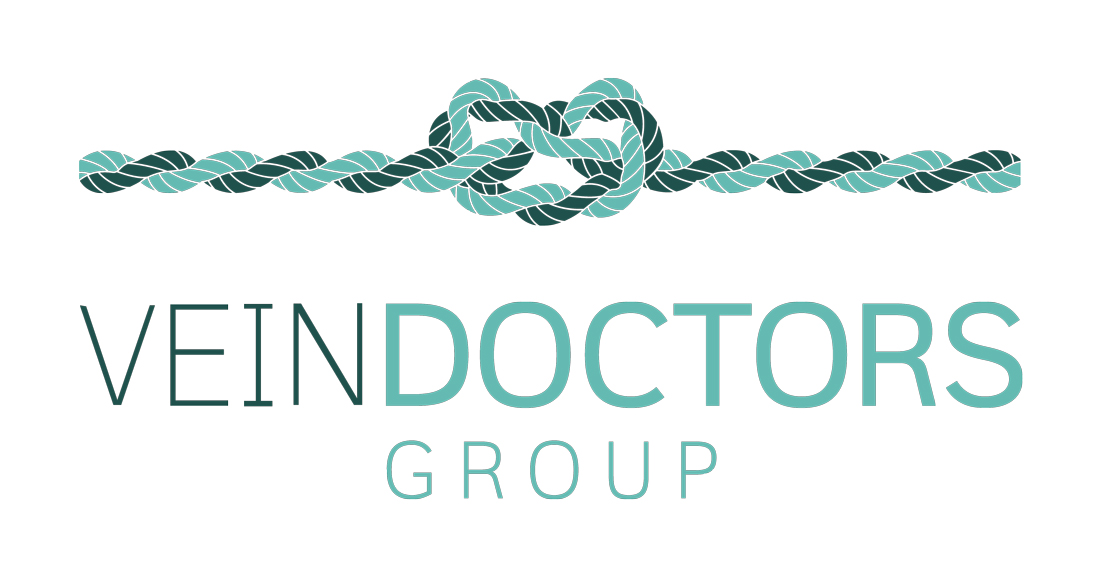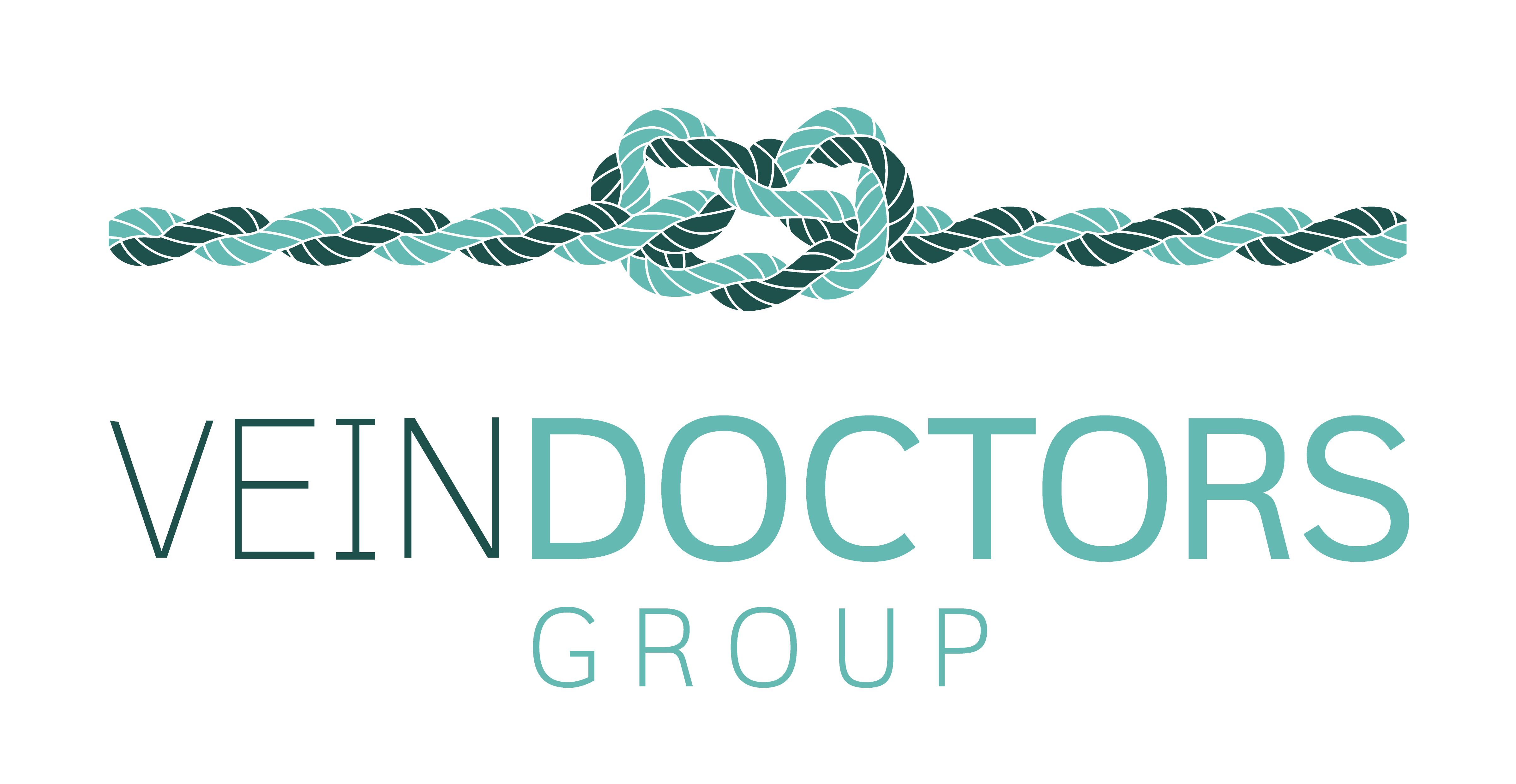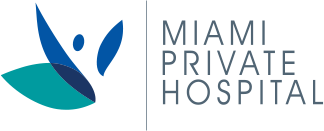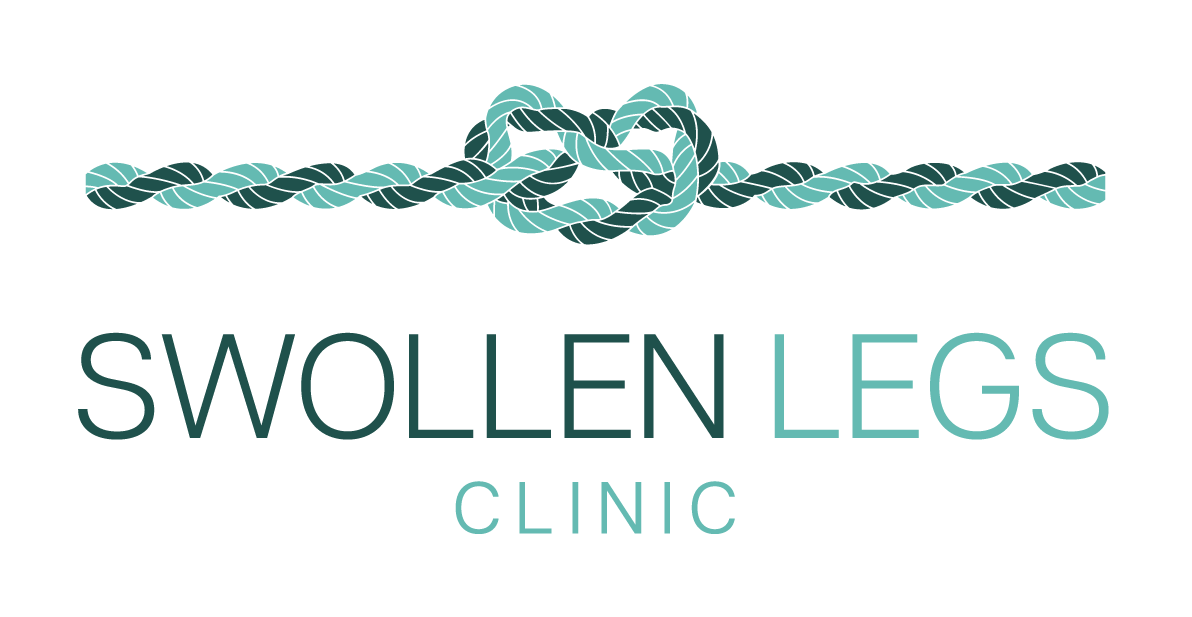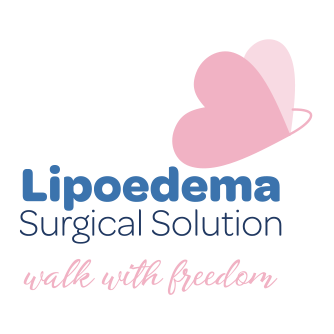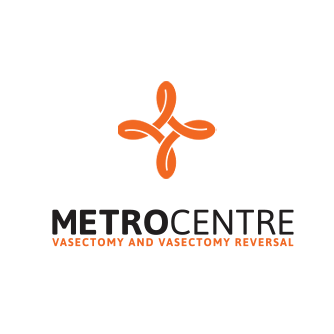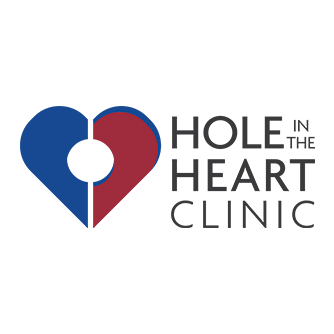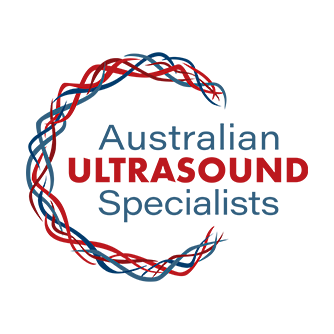At Vein Doctors Group our treatments and services are tailored specifically to your unique requirements.
Our Commitment
Dedicated to Excellence in Vein Health Care
At Vein Doctors Group, our commitment is to guide you along the best path to optimal vein health.
Our priority is to address the most significant vein diseases first, significantly enhancing our patients’ quality of life by quickly alleviating the pain and discomfort caused by venous disease.
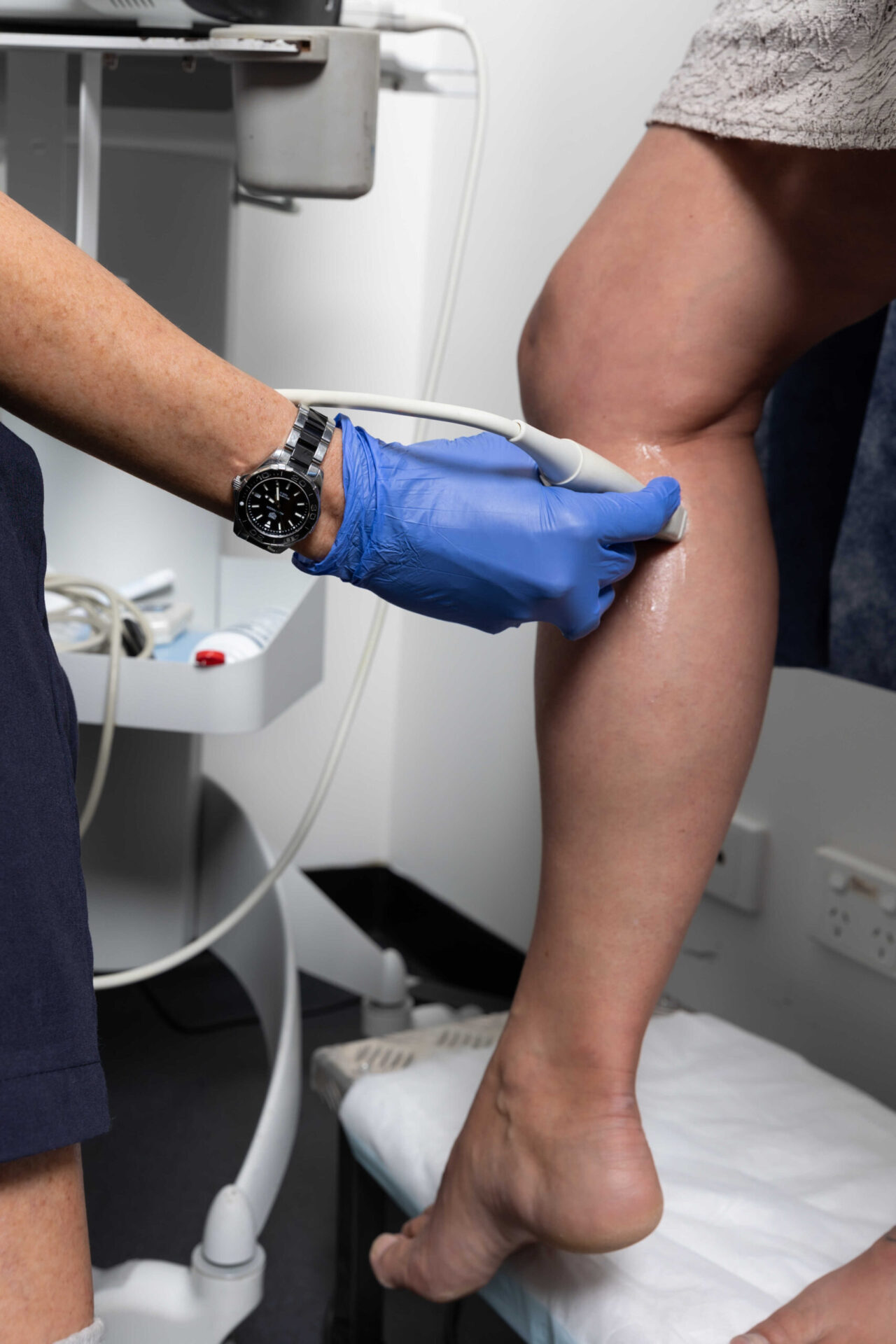
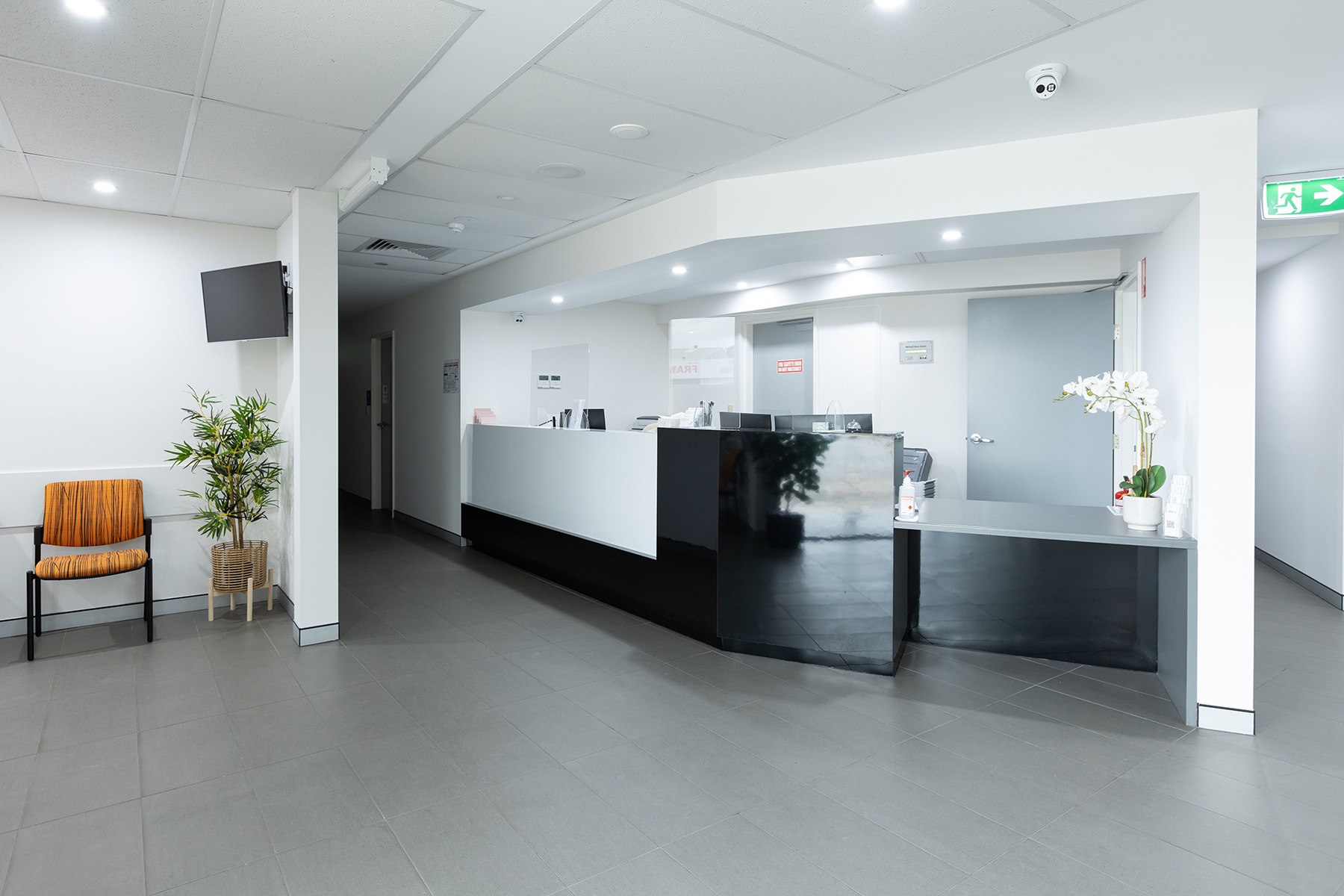
Frequently Asked Questions
We understand that you may have questions about your vein health. Our FAQs provide answers to common questions about vein conditions, treatments, and our approach at Vein Doctors Group. For more information please call us: 1800 483 467 or Contact Us.
Varicose veins typically do not go away on their own and often require medical treatment to resolve. Without intervention, these veins may not only persist but can also worsen, potentially leading to more serious vascular problems, including deep vein thrombosis and ulcers. That's why taking proactive measures is essential. Our team provides a complete range of modern, minimally invasive, effective treatments aimed at improving venous health.
The most beneficial exercise to prevent varicose veins is walking. Yoga is a good option as well. You can practice many poses that bring your feet higher than your heart. These are called inversions, and they include a headstand, shoulder stand, and legs-up-the-wall pose.
Yoga can also help stretch and tone the deepest muscles in your calves and hamstrings. The deep muscles can, to a certain degree, help the vein valves work properly. Stretching and toning poses include downward-facing dog pose, most forward-bend poses, and sun salutations. Other types of beneficial exercise include cycling and swimming.
The main side effects of varicose vein treatments, such as vein ablation, are typically mild and may include redness, swelling, tenderness, and bruising at the areas treated. After the procedure, you will be able to leave our clinic wearing a compression stocking, and you should experience minimal discomfort, even after the local anesthetic wears off.
However, it's important to note that individual responses to varicose vein treatments can vary. While the procedure is generally not painful, a small number of patients might experience more significant pain. For patients that are anxious about multiple needle injections, they have the option to have their veins treated under twilight sedation in our purpose built, licensed private hospital.
Yes, modern minimally invasive treatments can be done as an outpatient or an inpatient.
Yes, modern minimally invasive treatments can be done as an outpatient. There is no surgical scarring and virtually no downtime.
There are benefits of having your veins treated in theatre such as:
- When asleep, the veins are more relaxed to make catheter access more straight-forward.
- More injections can be done, which may not be tolerated by patients who are awake in the outpatient clinic.
- A whole medical team of nurses and an anaesthetist to support your treatment, particularly for complex veins and complex patients.
- In some cases, there are no additional costs for the hospital, except your private health insurance excess and the anaesthetist’s costs. The doctor fee would be the same. In most instances consumable costs are covered by the hospital as an inpatient, whereas outpatients cover the costs of consumables.
Treated correctly, the veins will not come back as the body has absorbed them. When varicose veins, which are abnormal veins, are closed-down, the circulatory system improves, as do many of the symptoms. Our body can establish alternative pathways to bypass the abnormal varicose veins, once they are closed-down. It is important to understand that varicose veins can be a progressive condition and that new veins can develop with time. Monitoring with ultrasound may be important to establish if there are any new abnormal veins that are best treated, bearing in mind that this condition is genetic and normal veins that aren’t targeted at the initial treatment may require treatment in the future.
Common side effects include stinging, bruising, darkening of spider veins soon after treatment but fading over the next few weeks, aching legs immediately after treatment, phlebitis which can be improved with exercise and compression. A consent form that outlines the full list of risks and concerns will be provided by your doctor.
Schedule Your Appointment
Call our friendly team on 1800 483 467 to book a consultation or book online.
